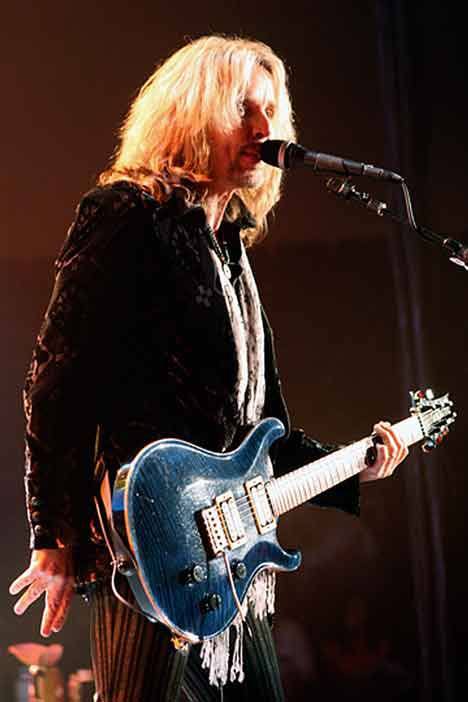If ShoWare Center officials can book at least seven major concerts in 2010, they expect the Kent arena to lose less money in 2010 than it did in 2009.
But even if those concerts are booked, the arena is projected to lose $141,125 in 2010, according to budget figures released by ShoWare General Manager Tim Higgins at a Thursday meeting of the Public Facilities District board. The board oversees operations of the $84.5 million, city-owned events center.
The arena lost $444,792 in 2009, its first year of operation.
“We need seven concerts in here to get to (minus) $141,000, those have to happen,” Higgins said to the board. “We also need three more (private) suite sales, more advertising and attendance up at all events. But we feel confident that will will make that effort and come in at (minus) $141,000.”
The ShoWare Center sustained financial losses in 2009 because of four scheduled events that fell through in the last few months of the year, declining Seattle Thunderbirds hockey attendance and drops in advertising and private suite revenue.
In September, ShoWare officials had predicted a profit of $1,591 for the first year of operation that ended Dec. 31.
The addition of the Kent Predators expansion team in the professional Indoor Football League in 2010 gives the arena seven games from March through June.
“Another key element in projecting the impact on the budget is the success in landing a football team,” said Ben Wolters, city economic development director, to the board. “That’s a product we did not have.”
Wolters agreed with Higgins that the concerts need to be booked to bring in more revenue.
“The key to success is the seven to-be-determined dates for concerts,” Wolters said. “We are pursuing ways to go after those, but it is one of the key challenges.”
The arena hosted a handful of concerts last year. But ShoWare and city officials discovered the concert market remains tight.
“It’s very competitive for concerts,” Wolters said. “The competition is fierce. We have far fewer shows touring and more buildings desperate to get acts.”
Two concerts, a trade show and a mixed martial arts event fell through late last year at the ShoWare. Those were four events officials had counted on in an effort to break even in 2009.
The Ringling Bros. and Barnum & Bailey Circus won’t return this year, Higgins said. Five of the eight circus shows sold out at the ShoWare last year.
“It’s an every-other-year run here,” Higgins said. “We alternate with Stockton, Calif. They get the circus this year.”
Attendance has started to climb over the last several weeks at T-Birds hockey games compared to games from October to Christmas.
“We averaged about 3,450 fans per game before Christmas and we are over 4,200 per game after Christmas,” said Colin Campbell, T-Birds vice president and assistant general manager. “We feel the season average will be over 4,000 for the year.”
The T-Birds drew an arena record sellout crowd of 6,151 on Jan. 23 against the rival Portland Winterhawks. The T-Birds are the anchor tenant of the arena and have a 30-year lease with the city.
The ShoWare Center had expenses of $2.60 million and receipts of $2.15 million in 2009 for a deficit of $444,792, according to SMG, the operator of the arena.
SMG officials project expenses of $2.45 million and receipts of $2.31 million in 2010 for a deficit of $141,125.
The city is responsible to cover any operating losses at the arena. City officials set aside $600,000 at the start of the year within the 2009 capital budget to help cover a potential lack of revenue at the arena. City officials use the capital budget to help pay for improvements to city streets, facilities and other projects.
Most of the project funds to build the arena come from the city issuing bonds to be paid back over the next 30 years from fees collected from events and activities at the facility. If those fees to pay the debt service fall short, city officials use funds from the capital budget.
In addition to city bonds, the state will pay nearly $21 million toward the arena through a Public Facilities District that allows Kent to keep 0.033 percent of the state’s share of the sales tax, or 3.3 cents on every $100 purchase, collected in the city.
Talk to us
Please share your story tips by emailing editor@kentreporter.com.
To share your opinion for publication, submit a letter through our website https://www.kentreporter.com/submit-letter/. Include your name, address and daytime phone number. (We’ll only publish your name and hometown.) Please keep letters to 300 words or less.

